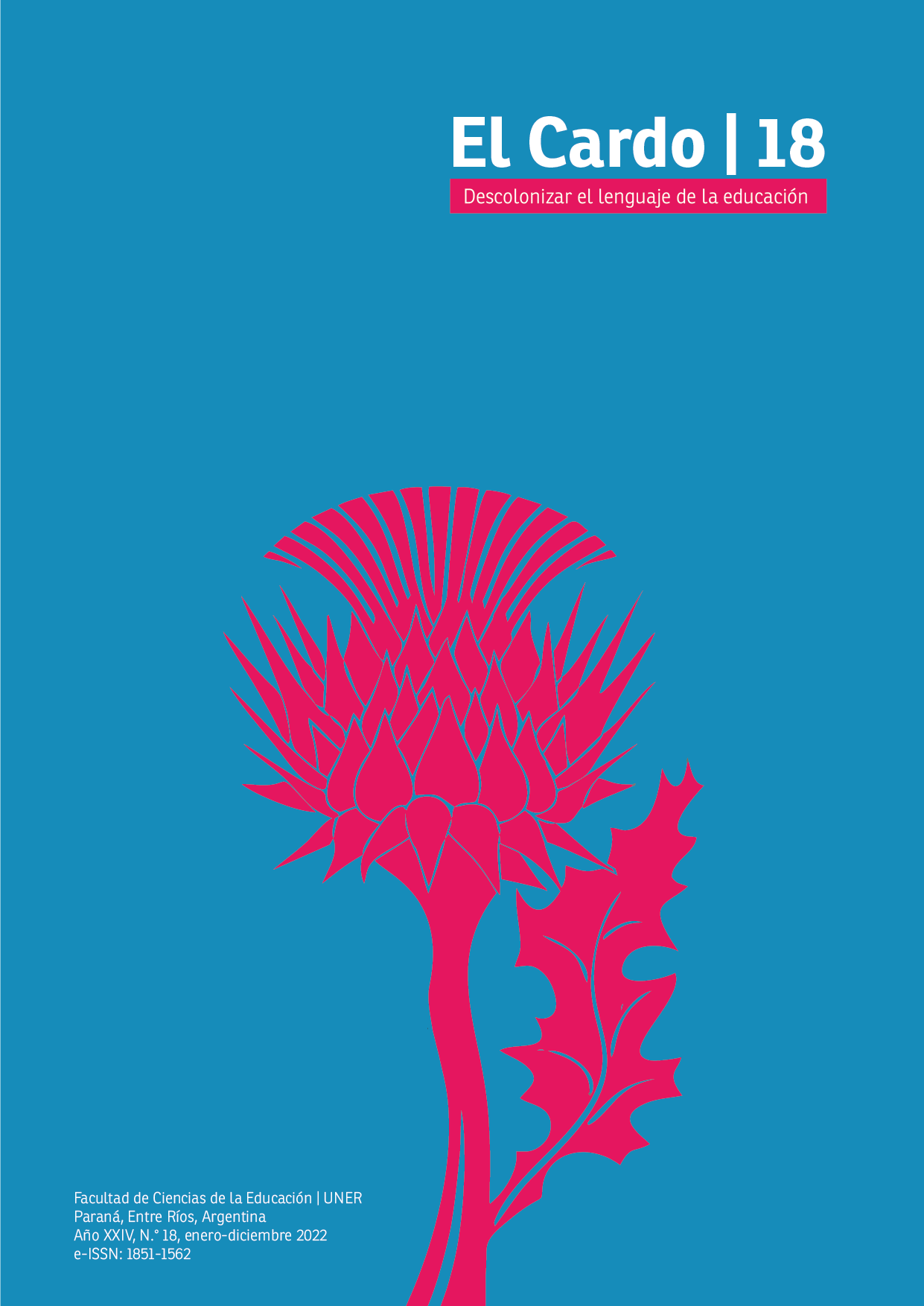The role of the intellectual in the processes of social transformation
Main Article Content
Abstract
This article presents the central categories of the epistemology of the South proposed by Boaventura de Sousa Santos for the purpose of rethinking in a decolonial key the problem of the role of the intellectual in the processes of social transformation.
The article begins with a brief introduction to the decolonial critique of the modern-scientific legacy to the extent that it manifests its crisis, and enables the emergence of a different paradigm. Subsequently, the nuclear elements of the Epistemology of the South presented by De Sousa Santos are analytically synthesized, to finally return to the initial problem and try to outline the scenario of a cognitive justice that allows us to continue in the search for other worlds and ways of knowing.
Downloads
Metrics
Article Details

This work is licensed under a Creative Commons Attribution-NonCommercial-ShareAlike 4.0 International License.
References
Bloch, E. (2014). Principio Esperanza. Trotta.
De Sousa Santos, B. (2000). Crítica de la Razón Indolente. Contra el desperdicio de la experiencia. Editora Desclée Brower.
De Sousa Santos, B. (2006). Conocer desde el Sur. Para una cultura política emancipatoria. Fondo Editorial de la Facultad de Ciencias Sociales.
De Sousa Santos, B. (2007). Introducción: Las epistemologías del Sur. Transcripción de Ponencia.
De Sousa Santos, B. (2012). Una epistemología del Sur. La reinvención del conocimiento y la emancipación social. Clacso.
Lander, E. (2011) (Comp.). La colonialidad del saber: eurocentrismo y ciencias sociales. Clacso.
Mignolo, W. (2016). El lado oscuro del Renacimiento. Alfabetización, territorialidad y colonización. Universidad del Cauca.
Mignolo, W. Carballo F. (2014). Una concepción decolonial del mundo. El Signo.
Palermo, Z. (Comp.) (2014). Para una Pedagogía Decolonial. El Signo.





